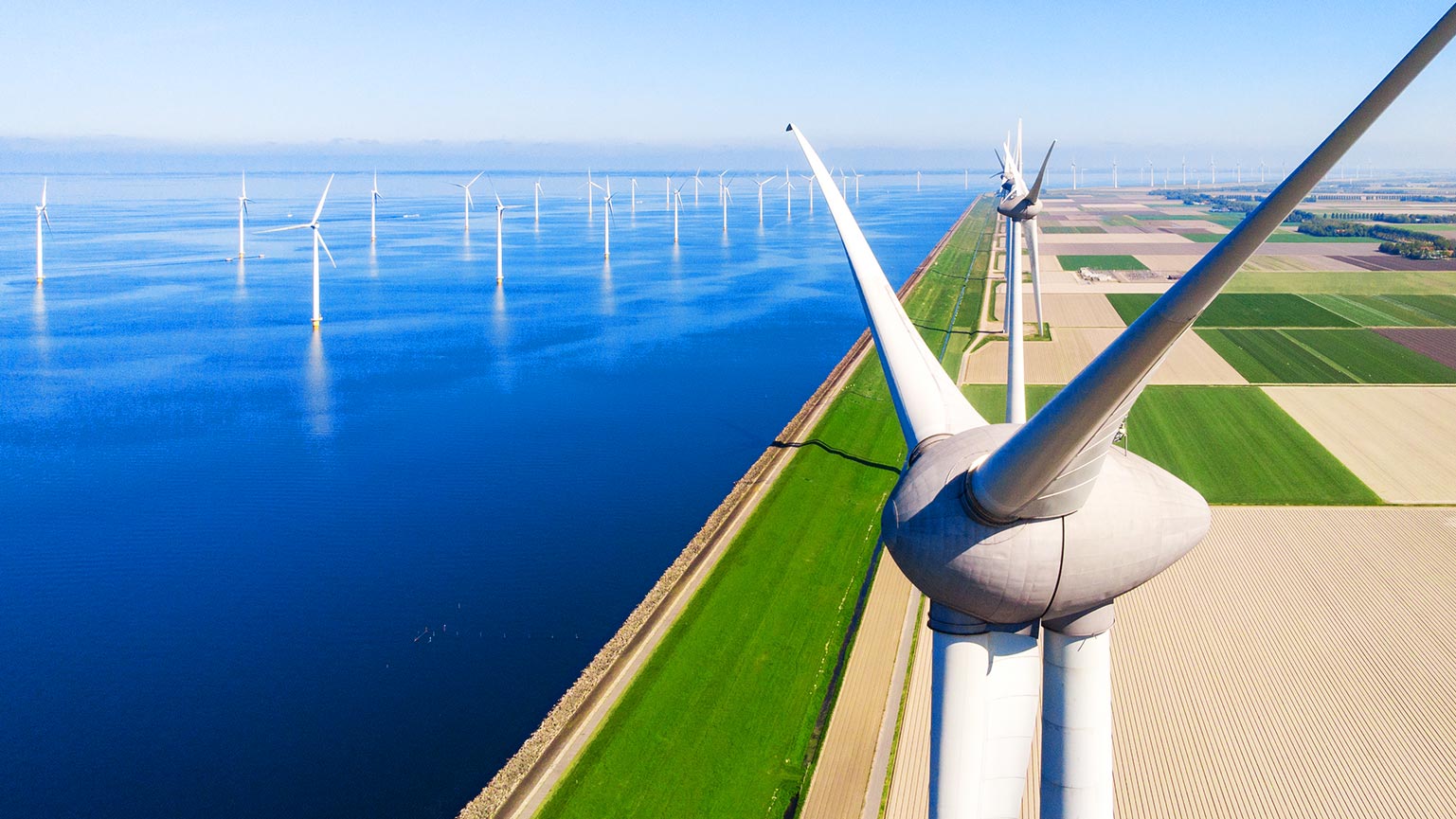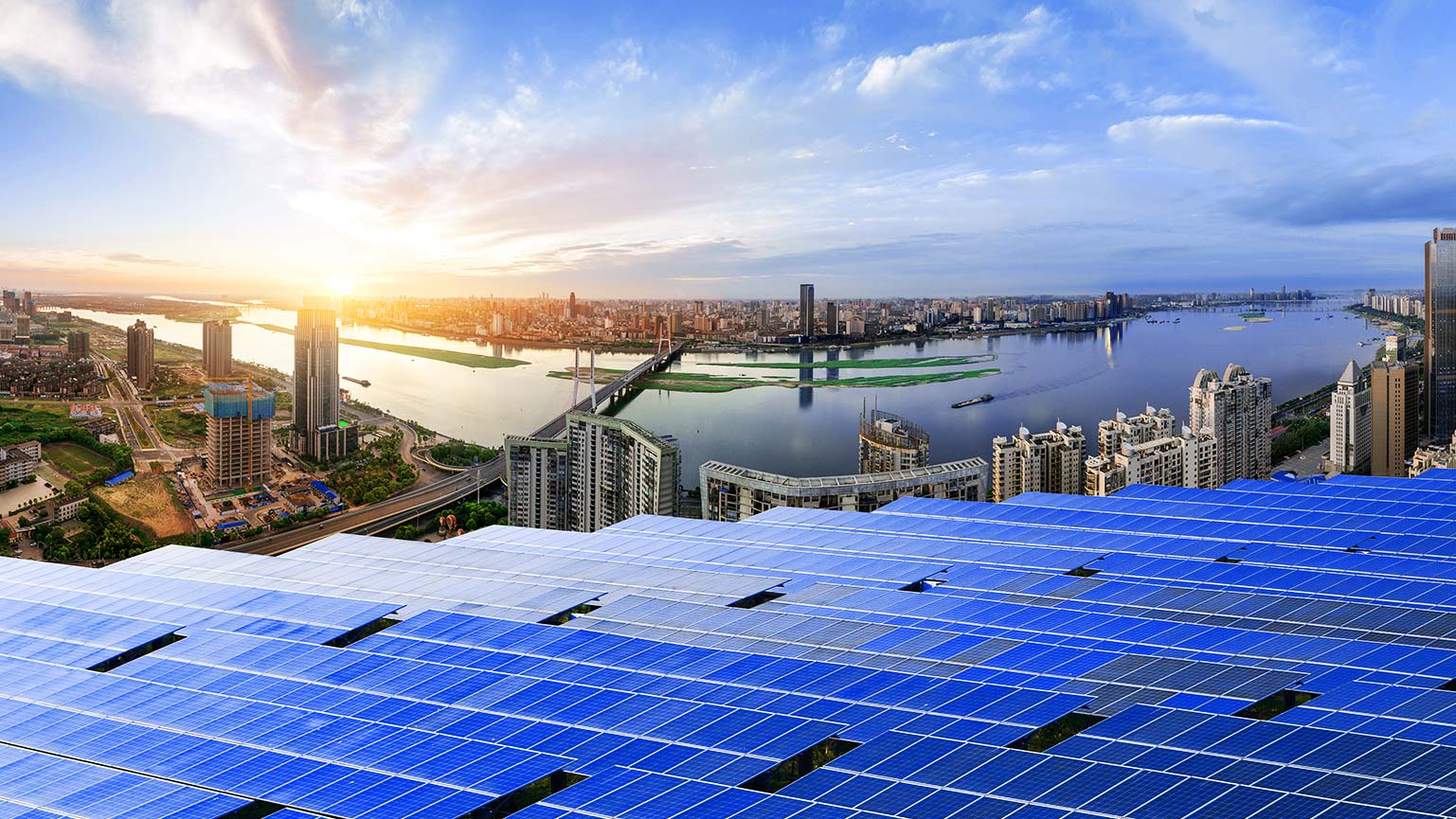Our Climate Transition Plan
In January 2021, LSEG joined the United Nations Climate Change ‘Race to Zero’ becoming the first global exchange group to commit to net zero.
In 2022 we published our first Climate Transition Plan, with quantifiable emission reduction pathways covering properties, data centres, travel, commuting and purchased goods and services. The document brought together our operational climate targets and set out how we intend to respond to and contribute to the transition to a low-carbon economy.
Since then, we have published our Climate Report, containing progress updates against the original Plan. This document is aligned to the Transition Plan Taskforce (TPT) framework. More recently in 2024, we published our Climate Goals in relation to our products and services. This 2024 document sets goals with respect to our role operating a stock exchange as well as our provision of data analytics and indexes.
related documents
Our Science-based targets
Our operational targets are science-based, aligned with the goal of the Paris Agreement and approved by the Science Based Targets Initiative (SBTi).
Carbon reduction

Our target is to reduce absolute Scope 1 and 2 GHG emissions 50% by 2030 from a 2019 base year.
Our target is to reduce absolute Scope 3 GHG emissions from fuel and energy-related activities (FERA), business travel and colleague commuting 50% by 2030 from a 2019 base year.
You can read more about how we’re reducing our Scope 1, 2 and 3 emissions in our Sustainability Report 2024.
Supplier engagement

We have a target to ensure that 67% of Scope 3 emissions from purchased goods and services are covered by science-based targets by the end of 2026.
You can read more about how we’re engaging with suppliers to support them in setting their own emission reduction targets in our Sustainability Report 2024 and Sustainability Databook.
While we have an ambition to reach net zero by 2040 we have not set a formal, SBTI-approved target in respect to this date as we have been prioritising work on our near-term targets. In future we will review whether, and if so when, LSEG should formalise our net zero ambition into and SBTi-approved target. A dependency exists between this and the progress made with respect to our supplier engagement target.
How we manage our emissions
We have a net zero programme in place to monitor, manage and reduce our emissions covered by our climate targets. This programme is organised into the following four glidepaths:
Emissions from property and data centres (Scope 1 and 2 emissions and Scope 3 fuel and energy-related activities)
Emissions from colleague commuting (Scope 3, Category 7 emissions)
Emissions from business travel by air, rail and road (Scope 3, Category 6 emissions)
Emissions from purchased goods and services as well as capital goods (Scope 3, Category 1 and 2 emissions)
More information on our climate targets, our emission reduction activities and progress in 2024 can be found in our Sustainability Report 2024 and Sustainability Databook 2024
Our response to biodiversity loss

LSEG is an early adopter of the Taskforce for Nature-related Financial Disclosures (TNFD). In 2024, we continued our engagement with an external third party to identify and assess baseline nature-related dependencies, impacts, risks and opportunities. In alignment with the TNFD recommendations, we used an internal due diligence approach called LEAP to conduct the assessment. Details of this assessment and its findings can be found in our Sustainability Report 2024. We are committed to enhancing disclosure across the TNFD recommendations over the coming years, along with integrating industry advancements and best practices.



